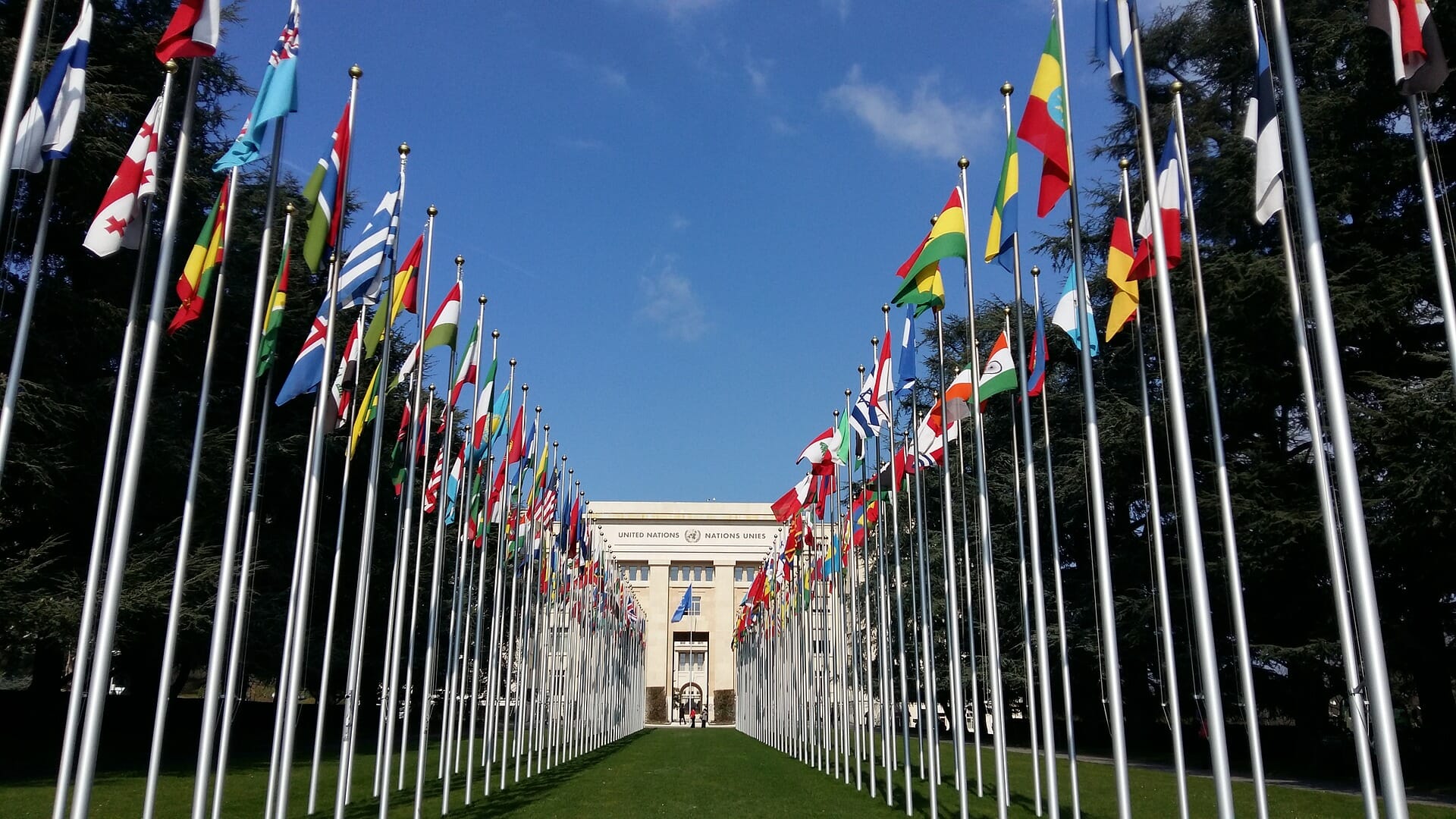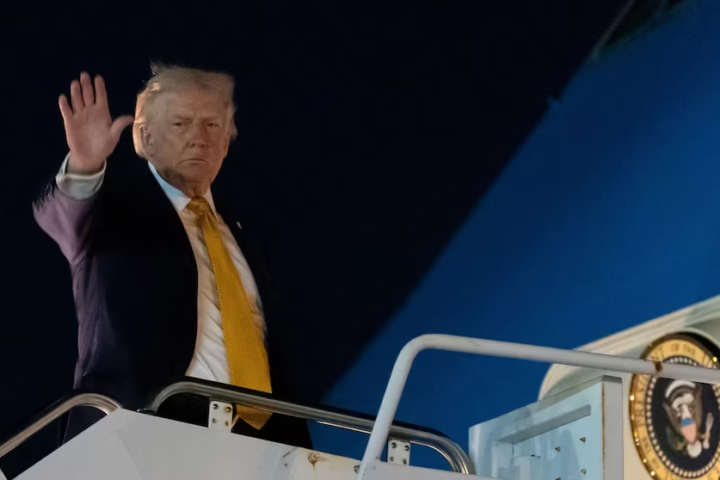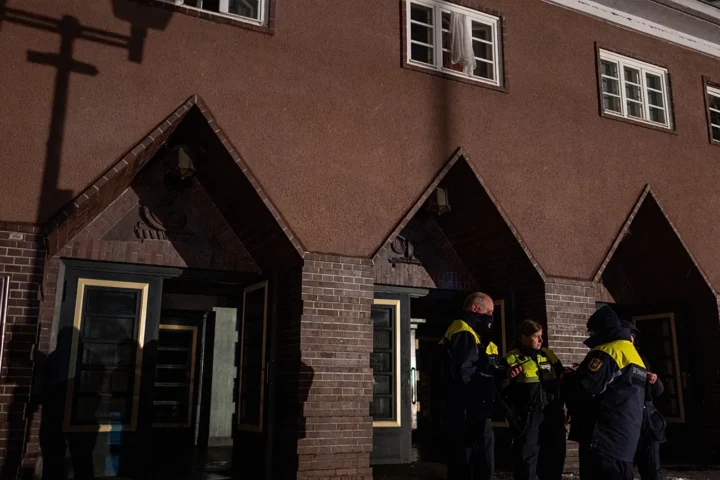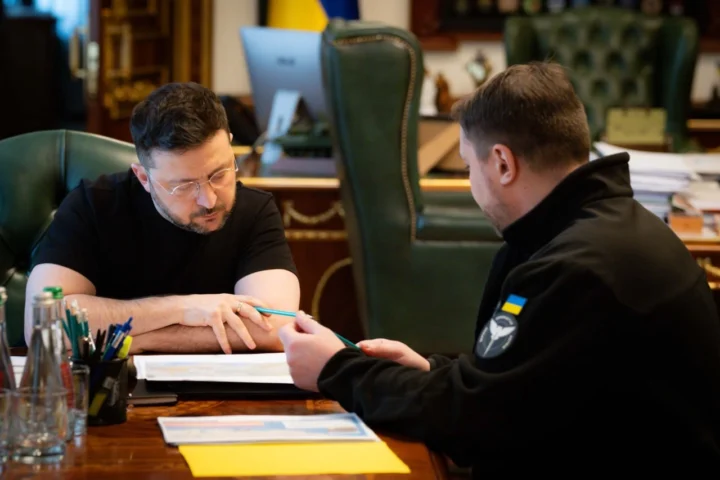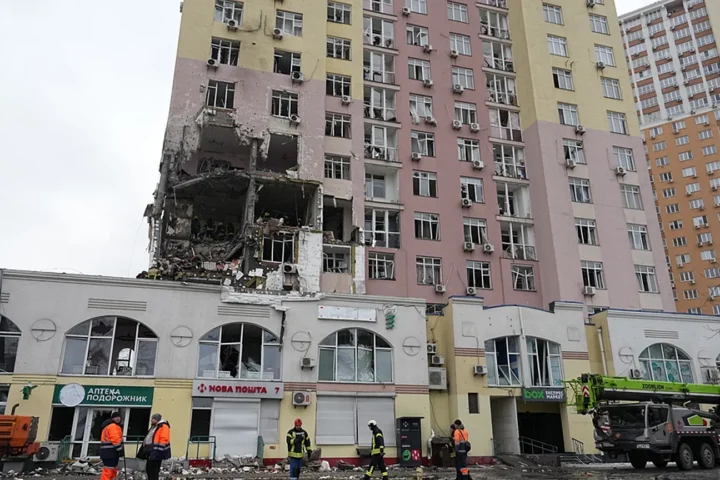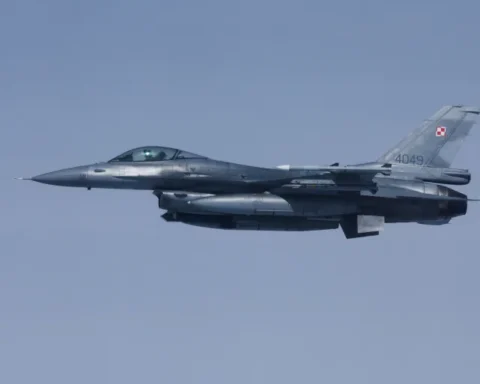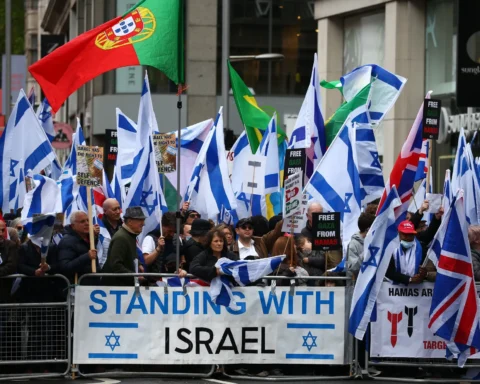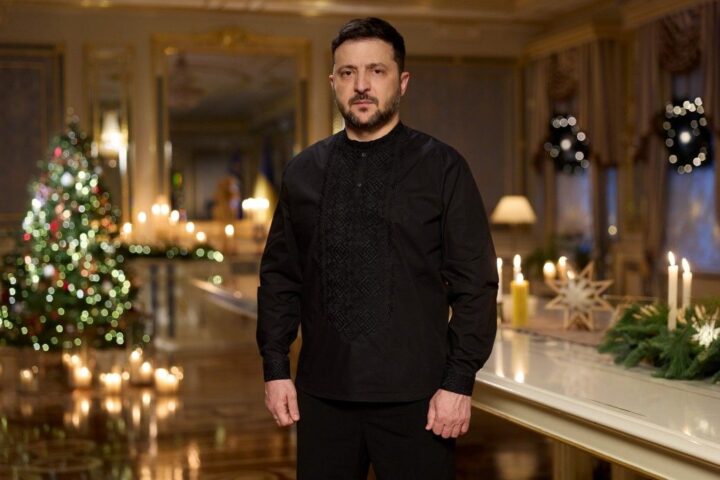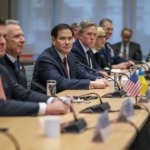The opening of high-level talks in Geneva has thrust the future of the Ukraine war into a new and fragile phase, as European leaders express growing concern over a U.S.-backed peace framework that Kyiv fears could force painful concessions. The meetings, led by U.S. Secretary of State Marco Rubio and President Trump’s special envoy Steve Witkoff, bring together senior Ukrainian officials for the most consequential diplomatic encounter since the war’s early months. Yet even before the first session began, political fault lines were clear, not only between Washington and Kyiv but also between the United States and key European capitals that view the emerging American proposal with deep skepticism.
The Geneva talks arrive at a moment of profound uncertainty. After years of conflict, battlefield momentum has shifted repeatedly, and the war has evolved into a grinding contest of attrition. At the same time, global fatigue is rising, defense production is strained, and domestic political pressure is reshaping strategic calculations on both sides of the Atlantic. For the United States, the return of a Trump-led administration has ushered in a foreign policy posture that prioritizes negotiated settlement over long-term military engagement. That shift has unsettled European leaders who fear that Washington may be moving too quickly toward a compromise that risks undermining Ukraine’s sovereignty.
Secretary Rubio and envoy Witkoff entered the Geneva negotiations determined to present the American plan as a pragmatic step toward ending a conflict with soaring human and economic costs. Their message—underscored through weeks of preparatory discussions—emphasizes urgency, realism, and what they describe as a window for “responsible diplomatic closure.” According to officials familiar with the proposal, the United States envisions a phased process that includes security guarantees for Ukraine, demilitarized zones, and a freeze on territorial disputes until future political mechanisms can address them. The plan also reportedly pushes Kyiv toward accepting temporary arrangements that fall short of restoring full territorial integrity.
It is precisely this element that has alarmed European leaders. Germany, France, Poland, the Baltic states, and several Nordic governments have privately and publicly pushed back against any negotiation framework that puts disproportionate pressure on Kyiv. For these countries, the war is not merely a regional conflict but a fundamental test of European security architecture. Allowing Russia to retain gains, even temporarily, risks normalizing territorial revisionism and weakening international law. Moreover, many European officials fear that a rushed settlement could embolden Moscow, encouraging future aggression.
Kyiv shares many of these concerns. Ukrainian officials acknowledge that the war has taken a staggering toll—on infrastructure, on the economy, and on civilian life—but they remain adamant that any agreement that legitimizes Russian control over occupied territories is unacceptable. President Zelenskyy has repeatedly emphasized that peace cannot come at the expense of national dignity or enduring security. Yet Ukraine now faces a geopolitical reality in which its most powerful ally may be shifting its priorities. The presence of Witkoff, a close Trump confidant, signals a White House intent on steering negotiations personally and directly, with less reliance on traditional diplomatic channels.
Europe’s anxiety extends beyond the substance of the U.S. peace proposal. Many European governments fear being marginalized in a process that directly affects their security interests. While the Geneva talks are officially bilateral between the United States and Ukraine, they are unfolding against the backdrop of a broader strategic realignment. Washington is increasingly signaling that European states must shoulder greater responsibility for their own defense, a position that has gained traction among some but generated frustration among others. The perception that the United States may impose a peace framework without European consensus is deepening mistrust.
The situation is further complicated by Kyiv’s precarious position. While Ukrainian leaders have demonstrated remarkable resolve, declining Western ammunition supplies, fatigue among some donors, and pressure from Washington create a diplomatic challenge that Kyiv cannot easily ignore. The Ukrainian delegation in Geneva must navigate the dual pressures of resisting proposals that compromise sovereignty while maintaining support from an American administration eager for progress.
Despite these tensions, the Geneva talks also reflect an acknowledgment that a purely military solution grows increasingly uncertain. Ukraine’s resilience remains strong, but its need for a sustainable security architecture—backed by credible, long-term commitments—has become more urgent. For Europe, any peace arrangement must not only end the immediate fighting but ensure that Ukraine is not left vulnerable to renewed attacks. For the United States, the imperative is to reduce geopolitical risks while shifting strategic focus to domestic priorities and other global challenges.
The coming days in Geneva will test whether these competing interests can be reconciled. Much depends on whether Washington is willing to adjust its proposal to account for European concerns and Ukrainian red lines. The credibility of the West’s support for Ukraine is at stake, as is the coherence of the transatlantic alliance. If the United States presses too hard, it risks fracturing the very coalition that has sustained Kyiv since the start of the war. If Ukraine rejects the plan outright, it may find itself navigating increasing diplomatic isolation. And if Europe is excluded from the process, it may begin to chart its own security path independent of Washington.
The Geneva talks thus represent more than another round of high-stakes diplomacy. They mark a pivotal moment in Western unity, in the evolution of U.S. foreign policy, and in Ukraine’s struggle to secure both peace and sovereignty. Whether the discussions lead to progress or deepen existing rifts will determine not only the trajectory of the war but the future of Western strategic cooperation.
